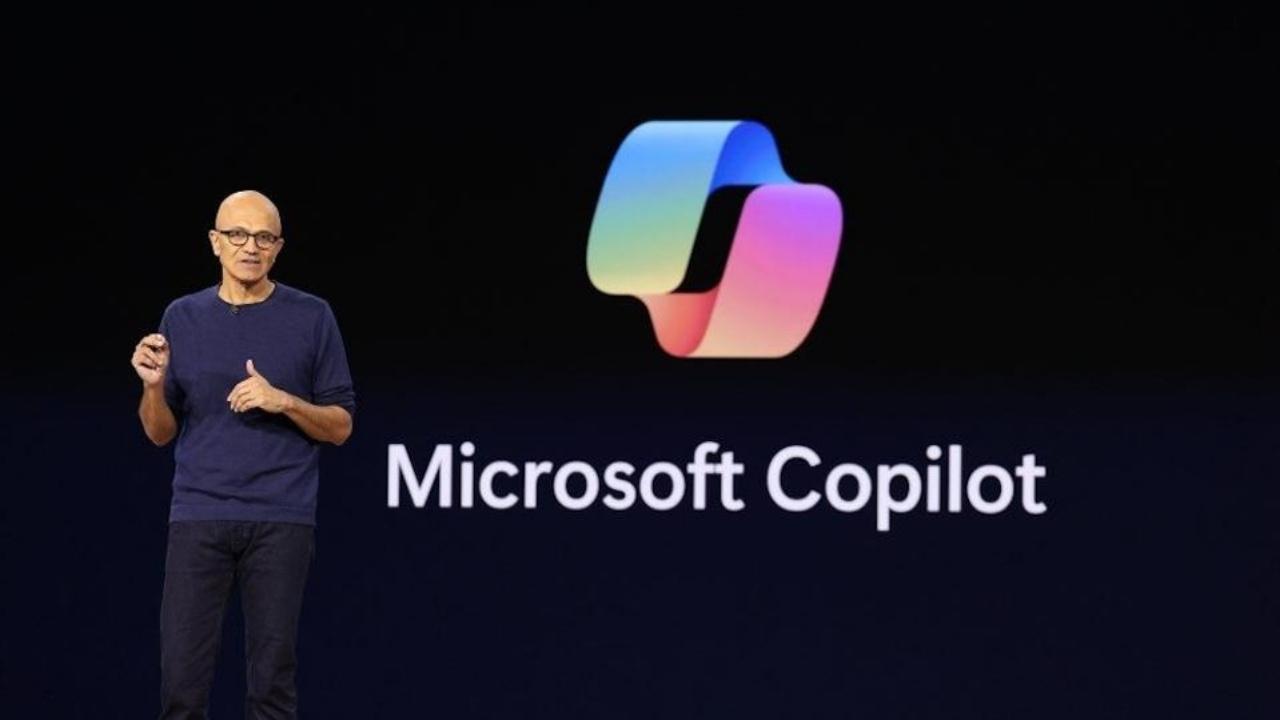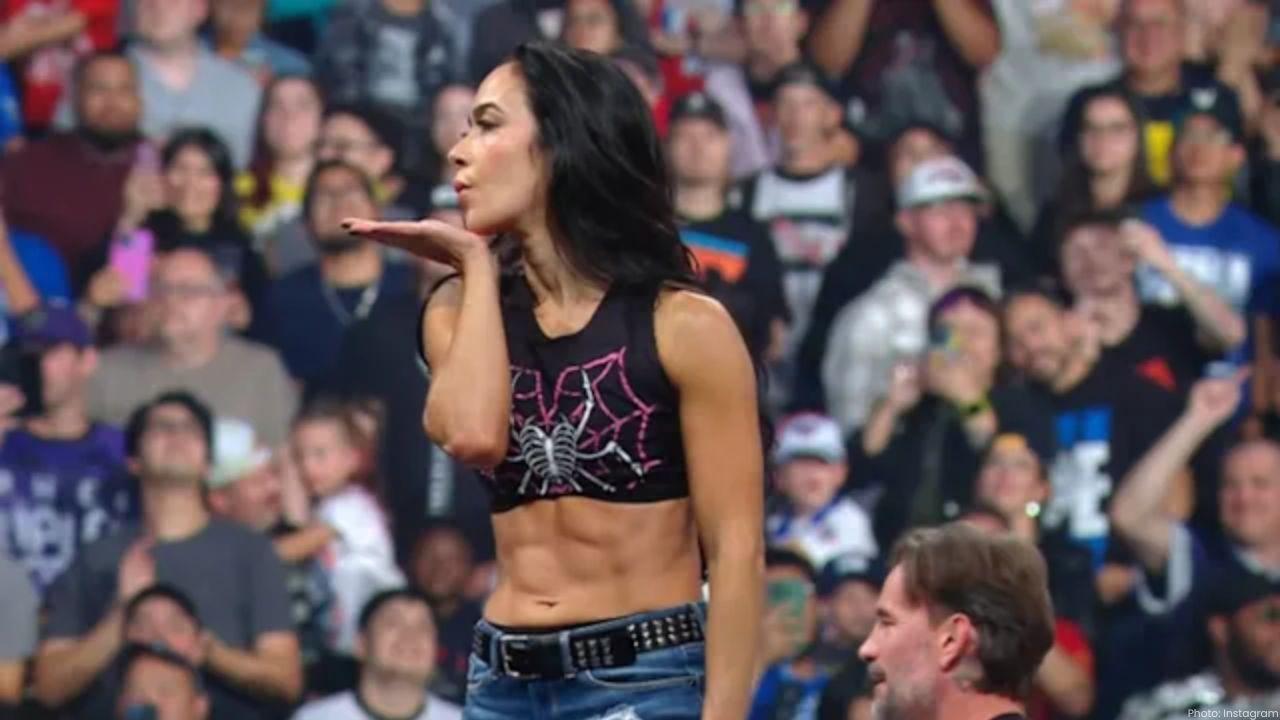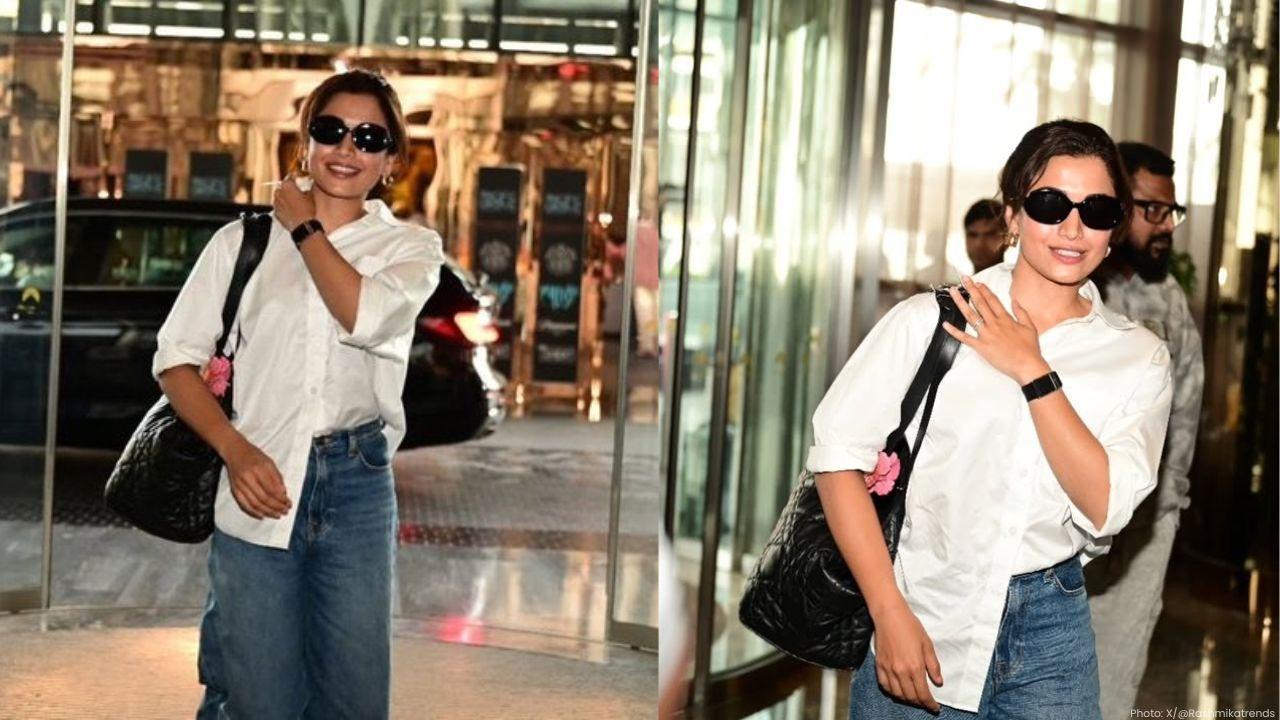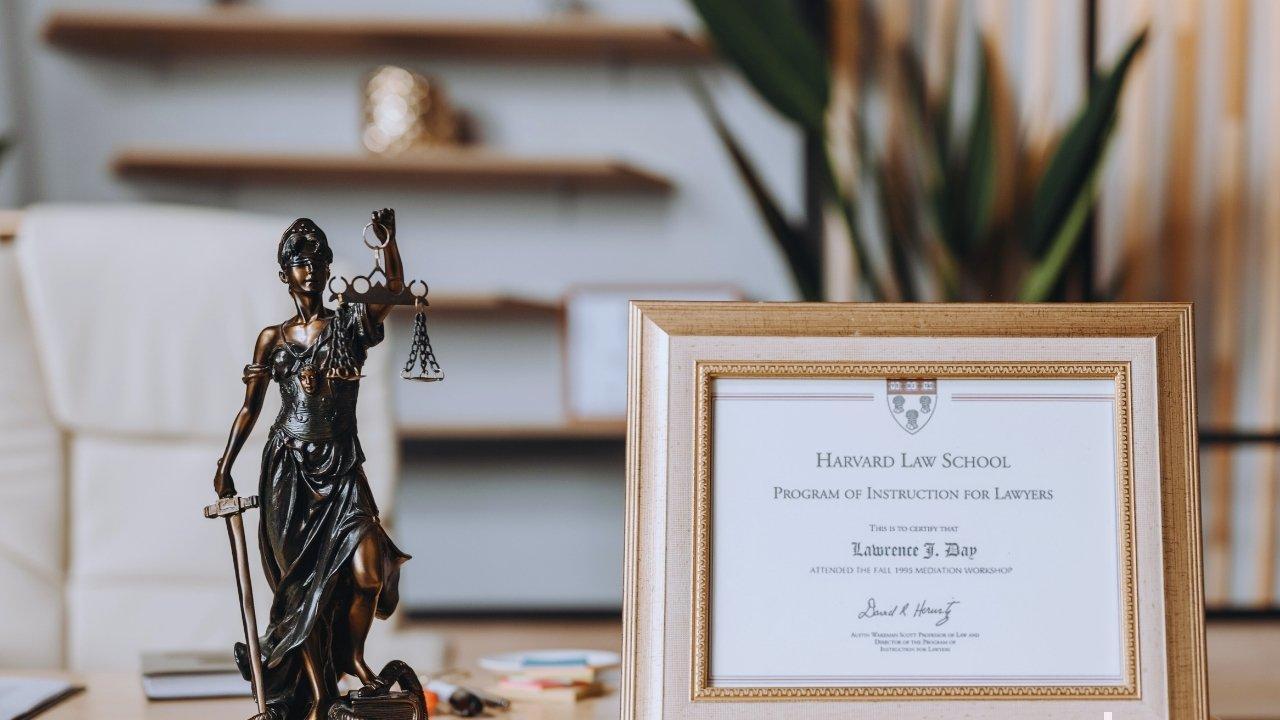
Post by : Anish
A traditional festival. A sacred ceremony. A family ritual passed down through generations. In the past, these were intimate moments rooted in place, time, and identity. But today, they’re also hashtags, reels, and viral videos.
In 2025, it’s no longer unusual to see a bride livestreaming her Mehendi ceremony, or a religious ritual turned into a TikTok trend. Social media is everywhere, and its influence on cultural traditions is growing by the day. While some worry that digital platforms are watering down heritage, others argue they’re helping to preserve and share it.
So, what’s really happening to our cultures in the age of likes, shares, and filters?
Social media has changed how we interact with each other—but more deeply, it has also changed how we connect with our roots.
A local dance in Bali, a Ramadan Iftar in Dubai, or a tribal ritual in Kenya can now reach millions around the world within seconds. Platforms like Instagram and YouTube are turning once-private customs into shared global experiences. This has helped people learn about each other’s cultures in ways never possible before.
While sharing traditions online increases visibility, it also changes their nature. Some rituals are now being modified to look better on camera—shorter, more colorful, or more dramatic. This performative shift may lead to dilution of meaning, turning deep-rooted practices into bite-sized entertainment.
When traditional dances, dress, or music go viral, they often inspire people across the world. But this also brings up issues of cultural appropriation, where elements are used out of context or without respect. Social media has sparked important conversations about where to draw the line between sharing and misusing culture.
Despite concerns, social media has opened up powerful new ways to protect and document heritage.
Many languages and stories are passed down orally and risk being lost. Creators now use platforms like TikTok and Facebook to record elders telling stories, singing folk songs, or sharing cultural wisdom. This creates a digital archive for future generations.
YouTubers and influencers with cultural expertise are using social media to teach everything from traditional recipes to indigenous crafts. This is especially popular among diaspora communities looking to reconnect with their roots.
During the pandemic, many cultural festivals moved online. This created hybrid formats—part virtual, part physical—that still continue today. Now, someone in Canada can join an Onam celebration in Kerala or watch a live Holi concert from Delhi, all in real-time.
Social media thrives on trends, and many cultural elements have become viral content. Here are a few examples:
#TraditionTuesday: A weekly trend where users share their cultural outfits, food, or customs
Wedding Trends: Fusion weddings, live-streamed rituals, and aesthetic ceremonies influenced by viral ideas
Language Revival: Regional languages are gaining ground through poetry, comedy, and storytelling on short-form video apps
But with popularity comes pressure. There’s now an expectation to document every celebration. The focus sometimes shifts from meaning to metrics—views, likes, and comments. This can change the way people experience their own culture.
Young people are at the heart of this cultural shift. For Gen Z and Gen Alpha, growing up with the internet means that culture is both personal and performative. Many use social media to:
Showcase traditional clothing in modern ways
Remix folk music with global beats
Question outdated norms while honoring their roots
For diaspora communities, digital platforms offer a vital lifeline. They allow users to stay connected to their cultural identity, even while living abroad. A Korean-American teen in Los Angeles might learn K-pop dance moves online; an Indian family in Dubai might learn a new recipe from a village chef in Punjab.
The question isn’t whether culture is disappearing because of social media—it’s whether it’s evolving in response to it.
Yes, traditions may change shape or style. Some customs might become more aesthetic than spiritual. But at the same time, new traditions are being born:
Digital storytelling as a form of folklore
Virtual language clubs for endangered tongues
Global cultural challenges that unite people across borders
Culture has always changed—with migration, colonization, globalization—and now, with digitalization. The key is to adapt without forgetting.
So, how do we preserve authenticity while embracing the digital world? Experts suggest a few approaches:
Context matters: When posting about traditions, explain their meaning and origin
Give credit: Acknowledge the communities or creators behind cultural content
Keep learning: Understand the deeper roots of the customs you share or adopt
Involve elders: Let older generations guide the conversation, even in digital spaces
With the right balance, social media can become a tool for cultural celebration, not just consumption.
At its best, social media allows us to connect across borders, generations, and beliefs. It offers a platform where old meets new, and where heritage can be both celebrated and critiqued. For young creators, families, and communities, it’s an invitation to reclaim, remix, and reimagine culture—together.
This article is part of DXB News Network’s editorial coverage on cultural change in the digital era. It is intended for informational purposes only. Views expressed do not represent any particular cultural or religious authority and readers are encouraged to explore their traditions with proper guidance.

MatterGen: Microsoft’s AI Breakthrough in Materials Design
Microsoft has unveiled MatterGen, an advanced AI model that can design novel materials at unpreceden

Microplastics Threaten Plant Photosynthesis, New Study Warns
Recent research reveals that microplastics are not just polluting oceans and animals but also disrup

CRISPR Breakthrough Offers Hope for Type 1 Diabetes Cure
Scientists have successfully implanted CRISPR-edited pancreas cells in a patient with type 1 diabete

Regenerative Farming Is More Than a Buzzword—Here’s Why
Once dismissed as a trendy phrase, regenerative farming has become a powerful global movement. From

AJ Lee Returns to WWE SmackDown After 10-Year Hiatus
AJ Lee’s shocking WWE return in Chicago lights up SmackDown. A night filled with big moments, John C

Rashmika Mandanna’s New Ring Sparks Dating Rumors with Vijay
Rashmika Mandanna’s latest airport look and new ring sparks fresh dating rumors with Vijay Deverakon

Earn Without a Degree? Microcredentials Are Changing the Game
In 2025, microcredentials are reshaping education and employment. As traditional degrees lose their

Voices of UAE: Bouchra Izaabel-Transforming Fertility Care, One Heart and One Story at a Time
Transforming Fertility Care, One Heart and One Story at a Time

Pakistan Defeat UAE by 31 Runs in T20I Tri-Series Clash
Pakistan beat UAE by 31 runs in Sharjah T20I Tri-Series. Saim Ayub hit 69, Hasan Nawaz 56, while Has

Vice President’s Jiu-Jitsu Cup Ends with UAE Clubs Triumph
Sharjah Al Ain Al Jazira and Baniyas clubs shine as champions in the Vice President’s Jiu-Jitsu Cup

Liverpool beat Arsenal City fall to Brighton in EPL drama
Liverpool edge Arsenal with Szoboszlai’s stunning free-kick, while Manchester City suffer second str

Tawfiq wins UAE President’s Cup Arabian Horse Race in Russia
Tawfiq claimed victory at the UAE President’s Cup in Kazan, Russia, thrilling 20,000 fans with a dra

GCC Chief Urges Stronger Push on Global Free Trade Talks
GCC Secretary-General Jasem Albudaiwi pressed negotiators to intensify efforts on free trade pacts b

UAE and India Strengthen Trade Ties with Mumbai Business Talks
UAE Minister of Foreign Trade Dr. Thani Al Zeyoudi met Indian leaders in Mumbai to expand CEPA benef

UAE announces September fuel prices for petrol and diesel
The UAE Fuel Price Committee set September 2024 rates: Super 98 at AED 2.90, Special 95 and Diesel a